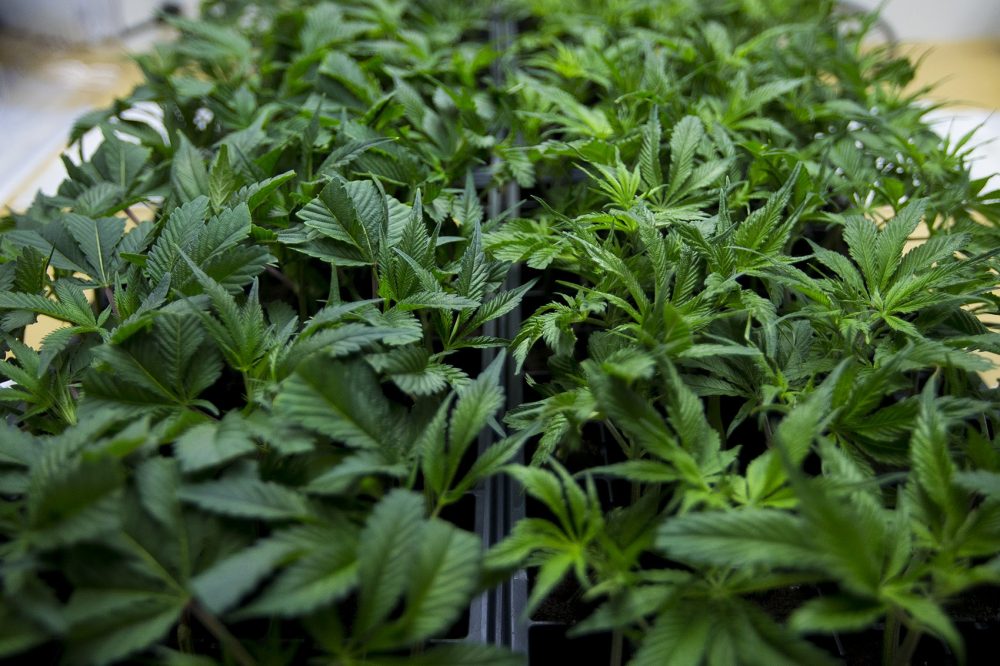In just a little over six months, the first retail sales of recreational, or “adult use,” marijuana will take place. Regulations governing the new legal cannabis industry are on track to be finalized by March, with businesses sending their license applications to the Cannabis Control Commission soon after.
A Look Back At This Year
In November 2016, voters changed the law setting up legalized marijuana, but the Legislature set out to make changes to the voter-passed law.
First, lawmakers passed a six-month delay to all the provisions in the law, giving the Legislature and, eventually, the Cannabis Control Commission more time to draw up regulations to govern the new industry. Lawmakers created the Marijuana Policy Committee, which spent the first part of 2017 developing changes to the law. They held hearings all over the state developing legislation that would take control of the CCC away from the state treasurer’s office, as it was originally conceived in the referendum, and give it to an independent, five-member panel whose members are appointed by the governor, attorney general and treasurer.
Legislators took issue with the original law as it was passed by voters.
“The Yes on 4 people wrote this ballot question — basically the marijuana industry. We do not let regulated industries choose how and by whom they are regulated in the commonwealth,” Mark Cusack (D-Braintree), the House chairman of the Marijuana Policy Committee, said back in April. “We didn’t do that with Uber and Lyft, we don’t do that with private utilities, I don’t see us starting with letting the marijuana industry choose how and by whom they are regulated.”
For much of the legislative year, the House and Senate squabbled over how to rewrite the law. The House was in favor of a much higher tax, and more stringent limitations on the business. The Senate plan was less restrictive, and the tax was lower. Ultimately they settled on a compromise much more in line with the Senate. Lawmakers increased the tax from 12 percent, as called for in the referendum, to a total of 20 percent (17 percent to the state, and up to 3 percent to the community hosting a marijuana retail establishment). They clarified how municipalities can opt out of having marijuana businesses within their borders, by making it slightly easier for communities that rejected the marijuana initiative in 2016 to institute a ban. They restricted advertising and packaging to minors, and called for making sure communities disproportionately affected by the war on drugs are not cut out of taking part in the new industry.
The changes were accepted by Gov. Charlie Baker, who was an opponent of the referendum that legalized recreational marijuana. He seemed to begrudgingly accept that “the voters had spoken” and was happy to let the Legislature make the changes they wanted.
“I worry terribly about what the consequences over time will be,” said Baker moments after signing the bill in his office. “And having spent a lot of time talking to folks in Colorado and in Washington, and in having talked to a lot of people who have talked to folks in Colorado and in Washington, there are a lot of pitfalls we need to work hard to avoid.”
By the end of summer, the Cannabis Control Commission was finally in place, and it began taking steps to draw up policy to govern the new, legalized industry. With state law mandating they must have regulations in place by March 15, the CCC has been facing a time crunch, but has adopted a number of policies and draft regulations.
credit:wbur.org













